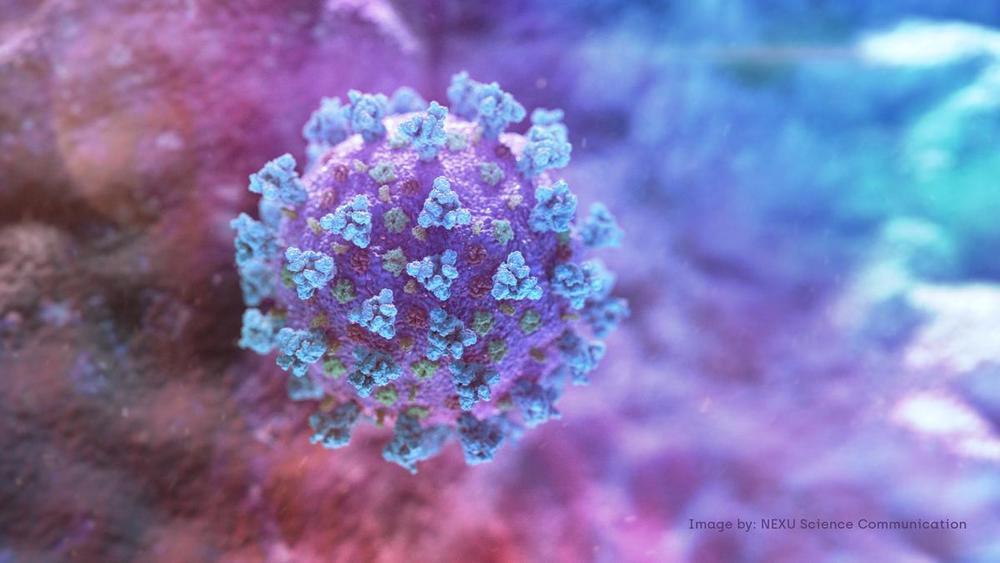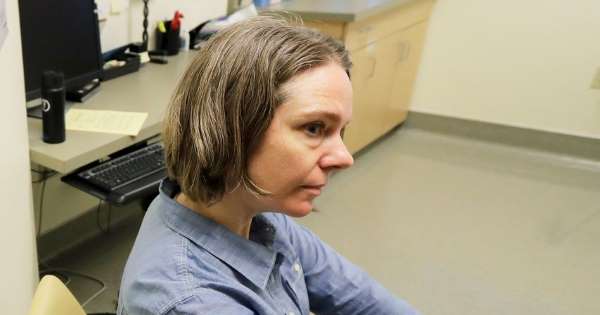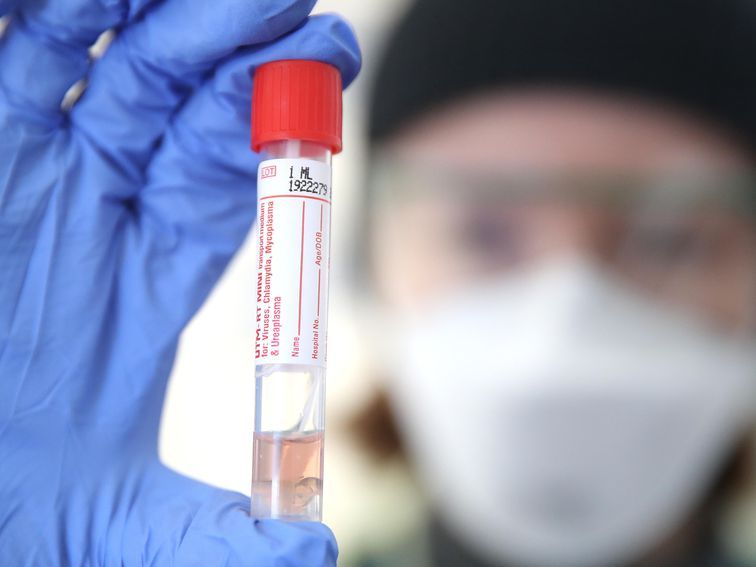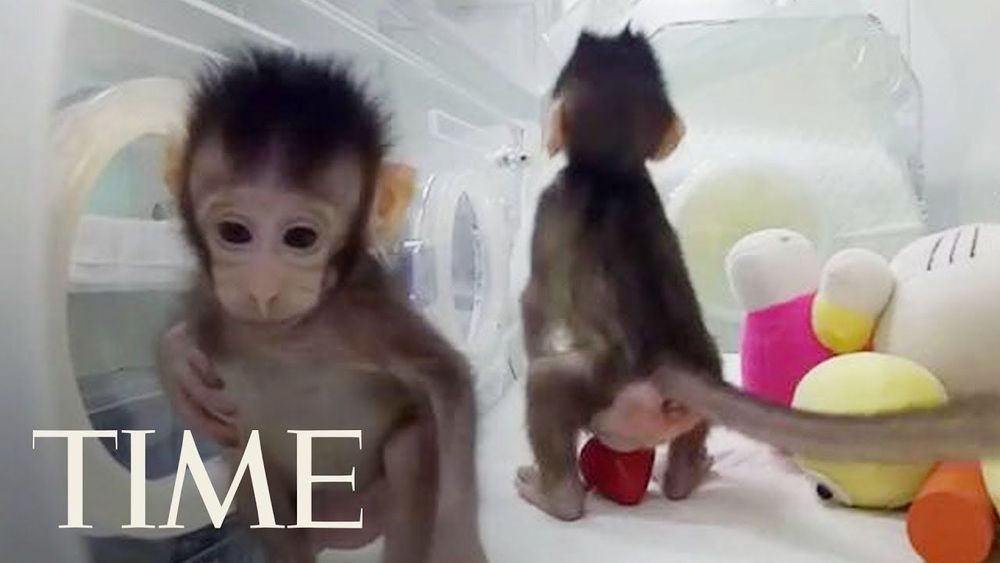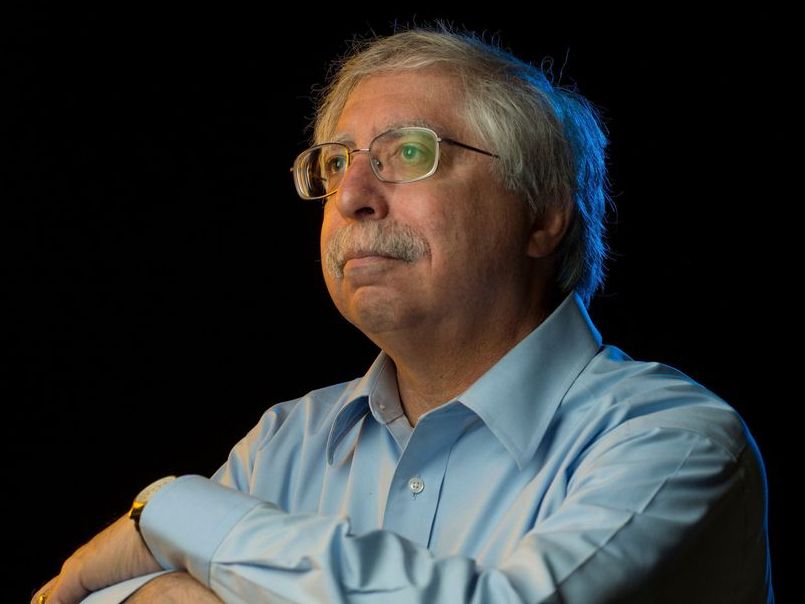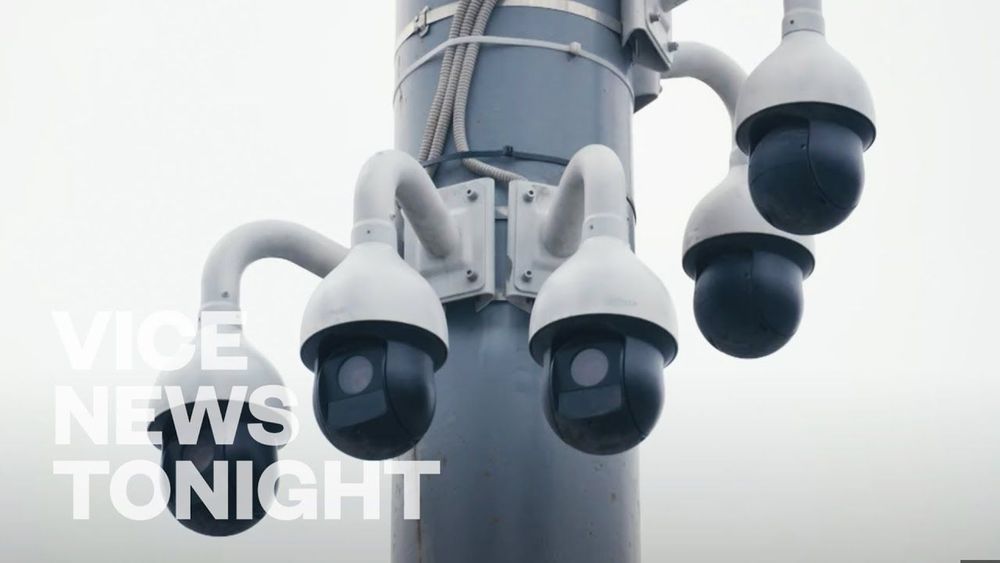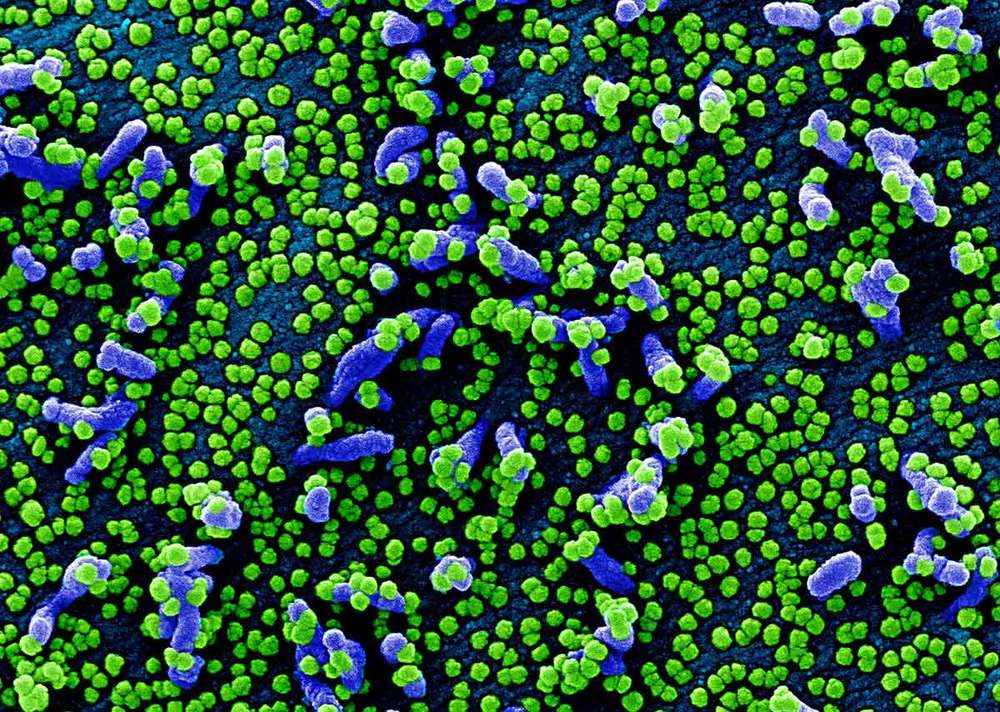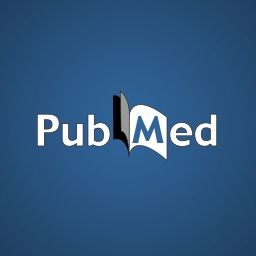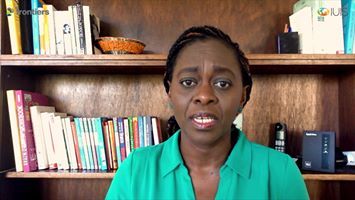Apr 17, 2020
Google will add Zoom-like gallery view to Meet and will let Meet users take calls from Gmail
Posted by Genevieve Klien in categories: biotech/medical, business, computing, education
Google plans to add a Zoom-like gallery view to its business- and education-focused Meet videoconferencing service and let users start calls and join meetings right from Gmail, Google’s GM and VP of G Suite Javier Soltero told Reuters in an interview. The additions come amid huge growth for Meet as families, students, and workers use the service while at home due to the COVID-19 pandemic.
The upcoming gallery view will let users display up to 16 meeting participants in one frame, according to Reuters. That functionality is coming later this month, said Soltero. Zoom’s gallery view, by contrast, lets you see the thumbnails of up to 49 people in one screen, if you have a powerful enough CPU to display them all.

